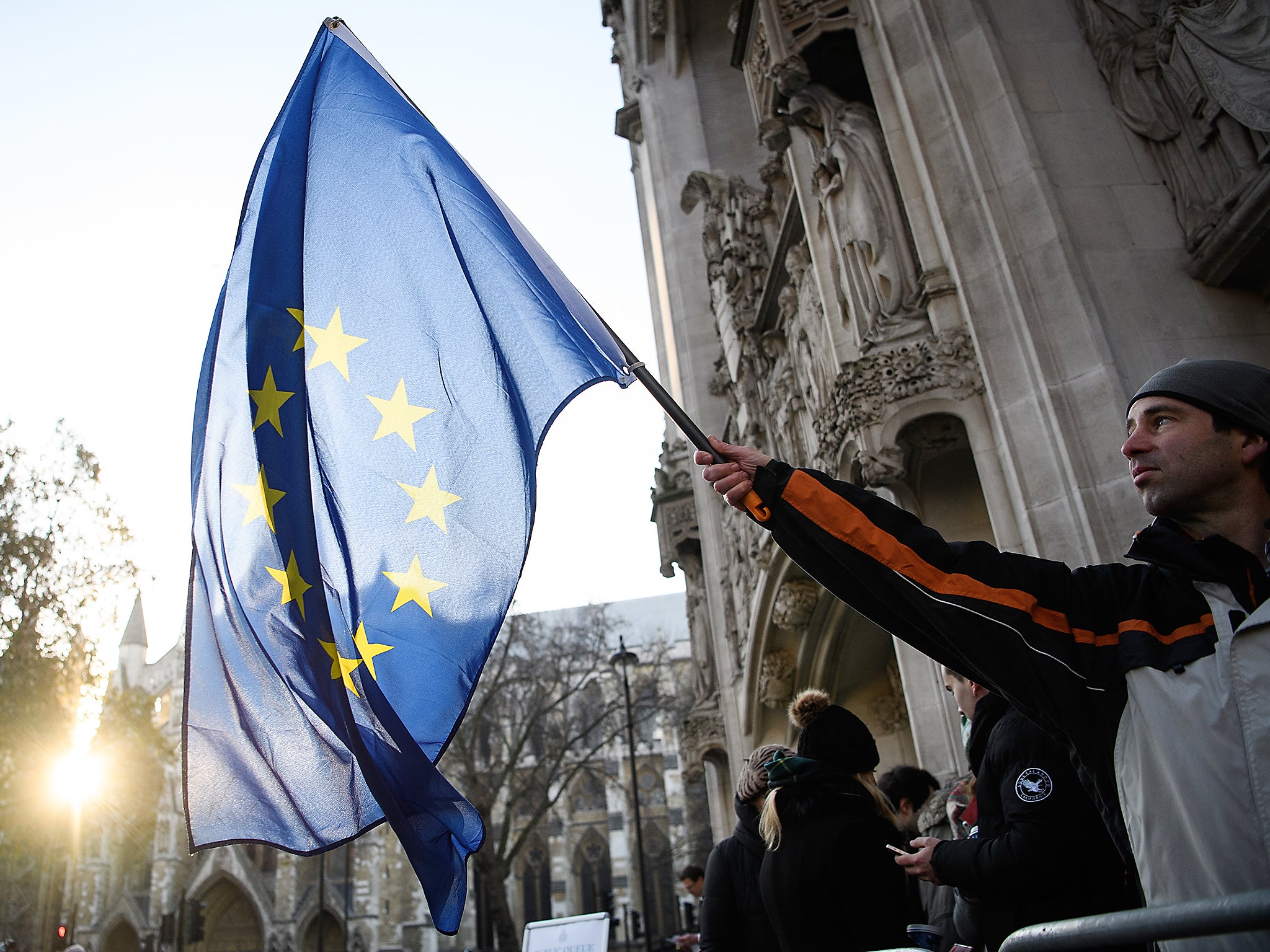We shouldn’t take the stability of Europe for granted – it’s a bubble that could burst at any moment
For my great-grandparents, their bubble burst in 1917. Like everyone else living in Moscow, they had watched as instability blazed into violence, until, finally, a full blown revolution was underway

According to the Nigel Farages of the world, either you welcome the triggering of Article 50 or you belong to the liberal, cosmopolitan bubble. Worrying about the economy is bad enough, but if you raise the spectre of war in Europe, plenty of people will denounce you as a bubble-dweller before you even finish your sentence.
They are right of course, you do live in a bubble; but then, so do they. So do most people who live in the UK. It is the bubble you get after seven decades of peace, stability, and relative prosperity.
Statistically speaking, this kind of stability is rare. When you happen to have grown up in it, it’s easy to forget that. The problem, as those previous generations found out, is that thinking something is impossible does not stop it from happening.
For my great-grandparents, it burst in 1917. Like everyone else living in Moscow, they had watched as instability blazed into violence, until, finally, a full blown revolution was underway. Suddenly, the unthinkable had happened, and all the speculation and debate boiled down to a simple choice: hope for the best or assume the worst.
As it turned out, the decision to flee Russia almost certainly saved my great-grandparents’ lives. Within a few years, the Russian Civil War had killed millions upon millions of men, women, and children. There was no question of going back; the society they had left behind no longer existed. Instead, my great-grandparents decided to start their lives over in Poland. It wasn’t easy, but at least they had outrun the violence. At least they would be safe.
By the late 1930s, that safety looked a lot less certain. Anti-Semitism had reached fever pitch in Poland; beyond its borders lay both Hitler and Stalin. My grandfather was sent to study in the UK, but the rest of the family stayed put. The thought of leaving everything behind again was too much. Besides, it seemed inconceivable that things could really fall apart all over again.
By the time my great-grandparents and my great-aunt finally did join my grandfather in the UK, it was 1940. He had joined the Polish armed forces in the West; they had witnessed the Nazi occupation of Warsaw. They were among the 10 per cent of Polish Jews who managed to escape alive. For the second time in less than 30 years, they had watched civilized society degenerate into chaos and savagery.
It has been 71 years since 1945. That may feel like an eternity, but in the grand scheme of things, it’s a blip. The peace and stability we take for granted is a very short chapter in a very long and very violent book. We live in a bubble; a lot of effort went into creating and maintaining it, but it is a bubble all the same. And any bubble can burst.



Join our commenting forum
Join thought-provoking conversations, follow other Independent readers and see their replies
Comments